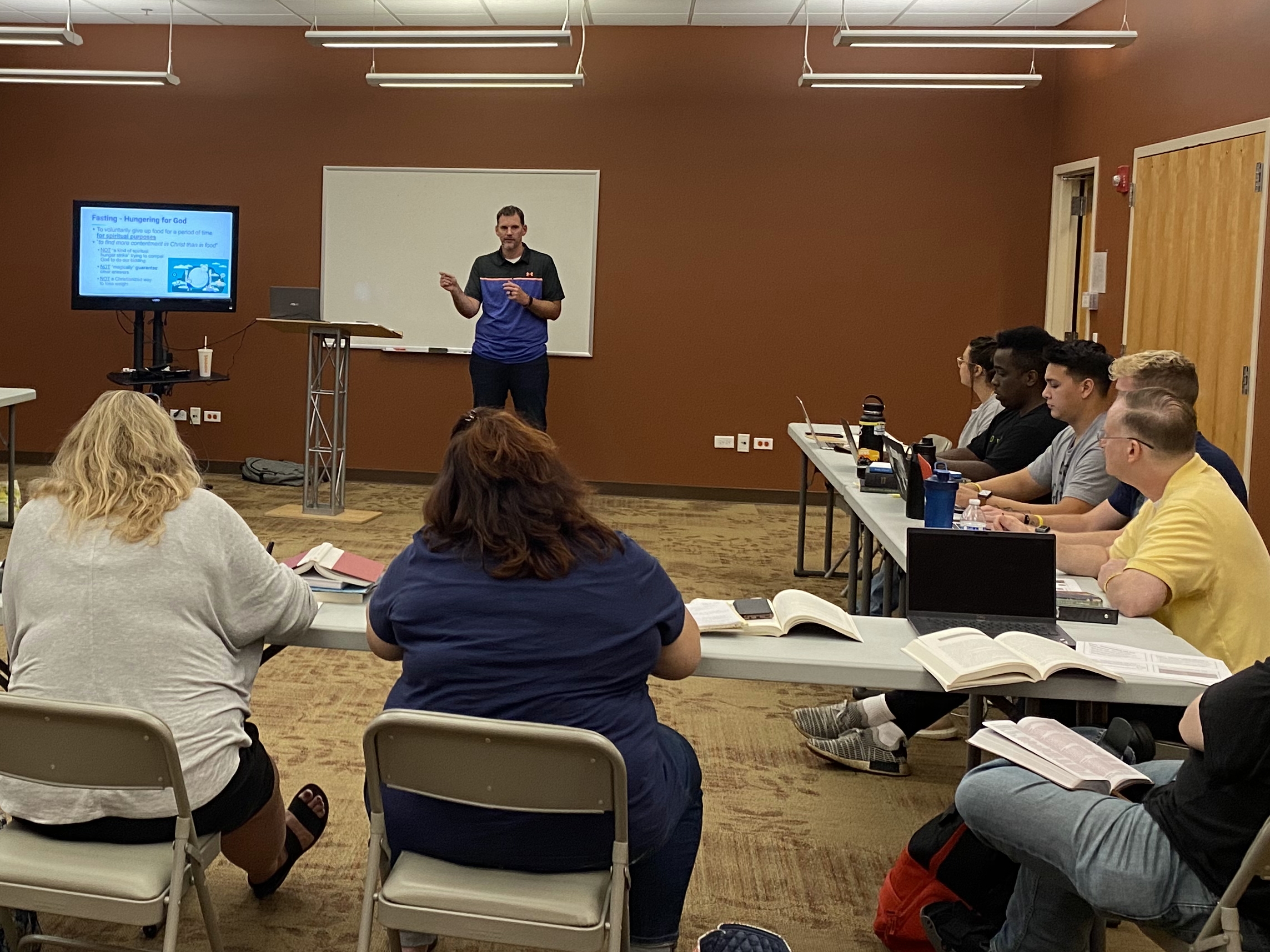One Question
Churches Must Ask

“Where is our next pastor coming from?”
Churches need to ask this question because almost every church has an unstated answer to this: somewhere else. In a Christendom model of church, this question doesn’t really need to be asked, because society is Christian, at least in name, and the raising up and equipping of pastors is something that the local church has outsourced to other educational institutions, like Bible colleges and seminaries.
But your church and your pastor need to know that that model is undergoing significant upheaval. I saw this firsthand at a small Bible college where I taught from 2008 to 2021. We went from 325 students, with probably 50% or more focused on ministry degrees in 2008 to roughly 100 students when I left in 2021, with a much smaller percentage focused on the one remaining ministry degree. My friends there report that there are 8 total students this fall who are majoring in ministry. Other Bible and ministry-focused institutions are seeing the same thing. For many churches, traditional pathways for training and equipping people for ministry are simply drying up. This isn’t just a problem in Reformed circles. I’ve heard the same from friends who teach at institutions in other traditions. Churches and church leaders need to face the reality that the training pathways that have served the last couple of generations of church leaders are no longer functioning as they once did.
So, if you are expecting that there is someone who is being trained somewhere else for ministry in your church, I have to tell you: for the most part, that is not happening.
What do churches need to do about this? Three things.
- Identify people with character, gifts, and skills for ministry. This should be a central concern of your pastor and leadership. I recognize that there’s a constant temptation of “short-termism,” putting out fires and the tyranny of the urgent. In baseball terms, your church is the farm system—from single A to the majors. To be clear, this isn’t just about identifying young people but people of all ages and all walks of life who have gifts for ministry. Once those with gifts and character are identified…
- Apprentice developing leaders to current ministry leaders. Ministry is similar to the trades, with a focus on know-how and applied knowledge. Learning in ministry comes from watching and doing, not merely sitting and learning in a classroom (the general focus of academic pathways for training). That being said, there is also the need for reflective thought and being rooted in sound biblical and theological foundations. Thus, the need to…
- Build new pathways for reflection and learning. It is crucial that we develop ministry leaders who are rooted in sound teaching. Active apprenticeship in ministry naturally gives rise to numerous biblical, theological, and ministry questions, so providing a place where there is intentional and focused teaching in the context of other engaged ministry learners is crucial.
These new pathways have to serve the church. They cannot be self-serving institutions. They will be low to the ground, without high overheard. They do not depend on federal student loans, shiny campuses, or educational bureaucrats.
They depend on local churches identifying a need and working together to meet that need. This is why I left higher education. My teaching gifts are for the church. The pathways that worked for a couple generations have become tied to an unsustainable economic model and deficient training model (classroom theory vs. ministry apprenticeship & reflective learning). Those old pathways and institutions are even now in the process of collapsing. That might cause anxiety for many but it is also a moment for opportunity. God is doing something new. God is putting ministry formation and training back in the church. We can fight what he’s doing, or we can follow.
– Branson Parler, Oct. 31, 2022
